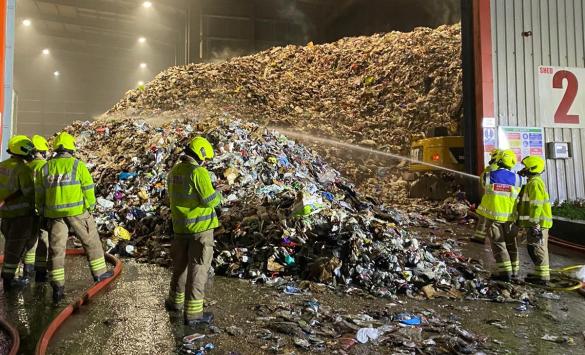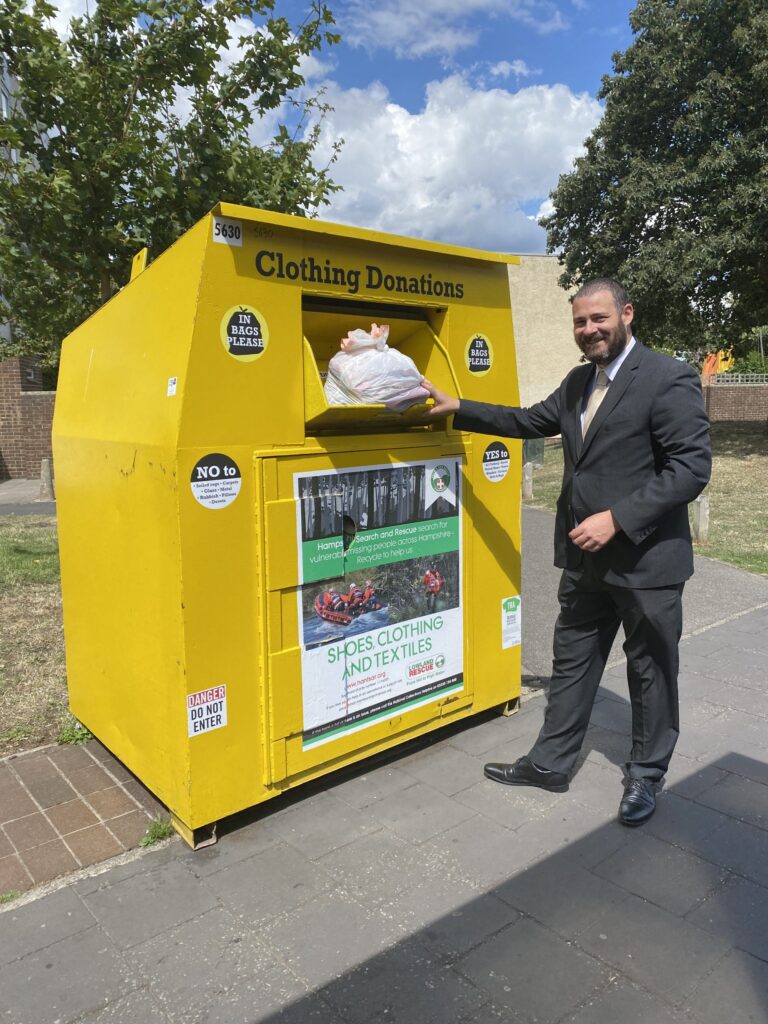The suggestion came in a speech by Treasury Minister Stephen Timms this week to the Associate Parliamentary Waste Group, writes Steve Eminton.
Saying that a reform of the Landfill Tax credit scheme is likely to be included in the Budget, Mr Timms acknowledged criticism of the structure and performance of the scheme.
And, after referring to current police investigations into two environmental bodies, the minister commented: “We are confident that the possible cases of fraud it has uncovered are isolated, and that the scheme is used properly by the vast majority of participants.”
Three areas were singled out by Mr Timms for examination by the Treasury in the run up to the Budget in 2001.
He said: “We will be considering a range of possible options for ensuring that more funds are directed at projects supporting and promoting sustainable waste management. We will consider those options highlighted in the Waste Strategy including:
– reviewing the types of approved projects to see if they can better reflect the priority to deliver more sustainable waste management
– increasing the proportion of contributions going to sustainable waste management
– using the funds to help local authorities to raise recycling levels.”
While it seems likely that the Budget will change some rules for the way Landfill Tax credits operate, Mr Timms also touched on other key areas to do with the tax itself.
He described how it had been very successful and also acknowledged how not enough recycling and waste management projects had benefited from the tax credits.
“The tax is already having a significant impact on waste management. Recycling inert waste is at an all time high, there is increased composting of biodegradable waste and over a third of businesses are introducing or considering minimisation and reuse of waste. But the tax could have an even greater effect on waste management. That is why we increased the standard rate by £3, from £7 to £10 a tonne in 1999 and gave a commitment to increase the rate by a further £1 per tonne each year, with a review in 2004.”
On credits, Mr Timms said: “The Landfill Tax Credit Scheme was introduced at the same time as the Tax, to fund environmental projects. The scheme allows landfill site operators who contribute to approved environmental bodies to reclaim 90% of their contribution as a tax credit, up to a ceiling of 20% of their landfill tax liability.
“Three quarters of contributions made by landfill site operators to environmental bodies are partly funded by third-party contributors who use the scheme to fund favoured environmental projects. The scheme supports projects that improve local communities around landfill sites, reclaim brownfield land, or support research into, and education about, more sustainable waste management.”
And, the minister added: “Since its inception in 1996, the scheme has raised about £300 million which has been handed over to the environmental bodies. About £134 million of that sum has so far been spent – in total around 90% of funds raised have been spent or are committed to projects for expenditure over the next 2 years. At present, the scheme costs the Treasury about £90 million a year in forgone revenue, with over 17.5% of landfill tax liability being reclaimed as tax credits.”
Mr Timms went on to tell his audience that the spending is a significant commitment of government revenues and that one of the implications of the landfill tax escalator is to make more funds potentially available through the scheme. “Based on the present up-take of tax credits, the escalator will cost the Treasury an additional £8 million each year. By 2004-05, up to £115 million of tax-payers money could be flowing through the scheme each year.”











Subscribe for free